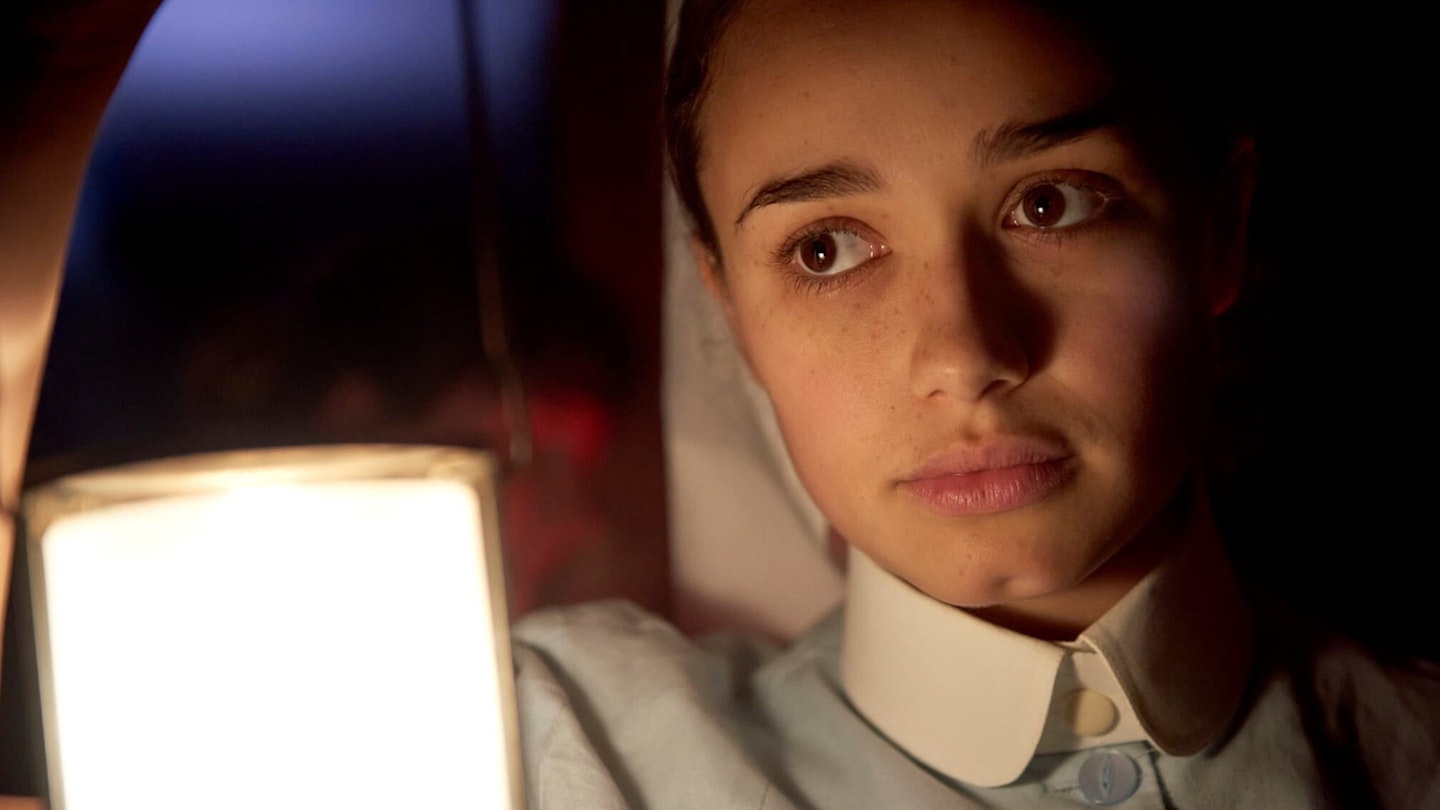The 1970s was a decade known for political turmoil and civil unrest that climaxed with the Winter of Discontent, so no better setting for a ghost story to rage against the inequalities of the time that are still very much palpable today.
Writer-director Corinna Faith takes her cues from The Woman In Black and The Others by invoking a feminine spirit in one isolated location – a hospital in a poor area of East London with many a darkened corridor to get lost down. There’s an authenticity to the medical backdrop: West Indian, Irish and working-class women, played by Diveen Henry, Nuala McGowan, Gbemisola Ikumelo and Emma Rigby, respectively, making up the nursing staff while doctors are, of course, white upper-class men. This period texture is enhanced through the production design and costumes that heighten the otherworldly atmosphere that Williams’ protagonist gets pulled into as she seeks answers for why the ghostly presence of a young female patient is wreaking havoc on the children’s ward and targeting her in particular.
The horror merely simmers as opposed to the feminist messaging that truly scorches.
The more Val learns about the hospital’s history and her less than cordial colleagues, the more she is tormented by the spectral nasty that is causing her mental state to deteriorate. Williams realises this descension very well as she wields her limbs wildly and stares through sunken eyes to deliver an increasingly disturbing physical performance.
The film certainly has all the ingredients for an unnerving ghost story and makes some elegant choices with the visual and special effects to form the ominous threat. However, sharper editing and more effective camerawork might have allowed the scares to boil over and produce some truly fear-inducing results. Instead, the horror merely simmers as opposed to the feminist messaging that truly scorches. Hell hath no fury like a woman scorned and all that.
